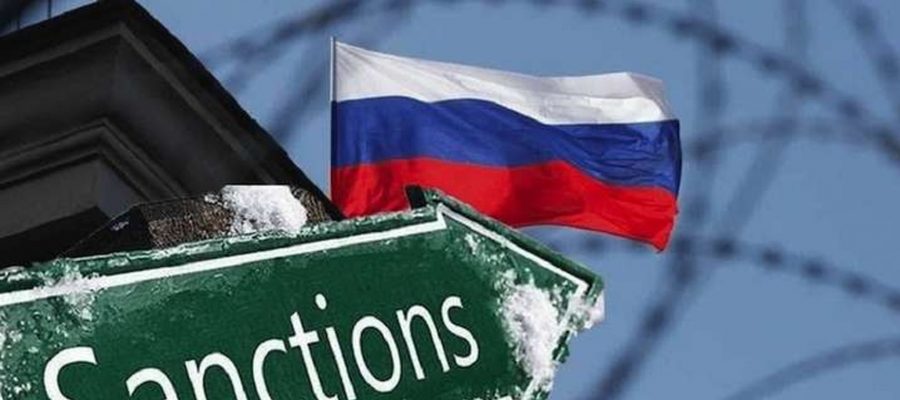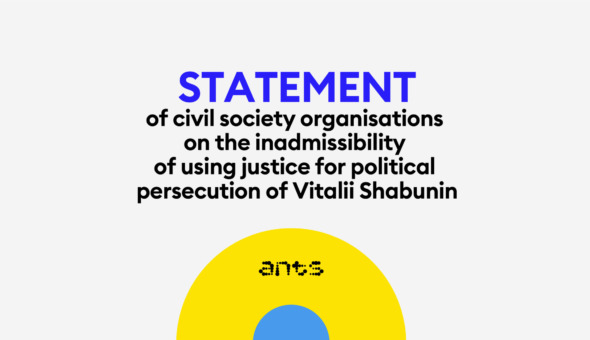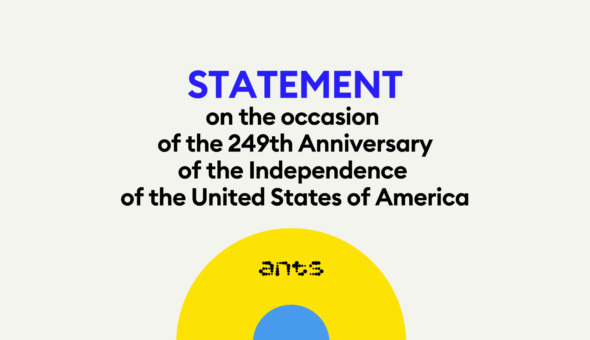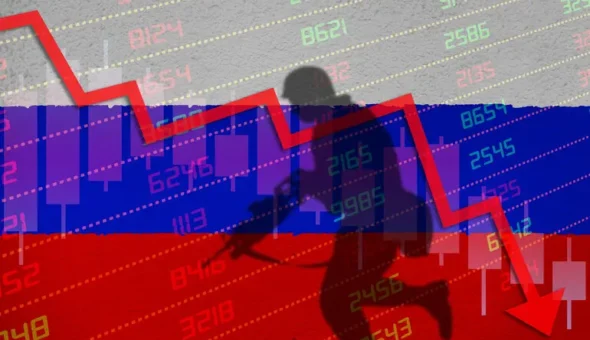
Over the past two years, sanctions have become one of the main tools of state policy, first to overcome criminal phenomena, and later to counter and punish those guilty of russian aggression. However, their effectiveness largely depends on their legal integrity, which is verified, in particular through judicial review.
An analysis of the practice of Ukrainian justice in relation to challenging the decrees of the President of Ukraine on the application of sanctions allows us to follow certain trends. It should be noted that a large number of cases in this regard are still pending, and only ten of them, which are open, have been decided on the merits.
First of all, the court tries to establish the legitimacy of the application of sanctions. And in those cases that concern the limitation of the right to information or the limitation of the right to property, Ukrainian courts apply the “three-fold test”, formed by the practice of the European Court of Human Rights. Mostly, the courts analyze the legitimacy of decision-making, the grounds for such decision-making – that is, the legislative basis – as well as “necessity in a democratic society.”
At the same time, in almost all cases, the criteria of legitimacy and necessity in a democratic society are reduced to general grounds, such as the aggression of the russian federation against Ukraine. In some cases, the courts nevertheless give specific arguments applicable to the case, for example, the statement that the legitimate purpose is to ensure control over the property of a person who contributed to the annexation of the Autonomous Republic of Crimea by the russian federation (Case No. 9901/783/18, decision of the Grand Chamber of the Supreme Court dated March 3, 2020) or establishing the fact that through the resources, access to which was limited, information was disseminated that posed a threat to the national security and territorial integrity of Ukraine (Case No. 9901/138/20, decision dated August 6, 2020).
It is common for questions to be substantiated by the courts rather superficially, or even to give an assessment of the individual positions of the parties, without actually answering the question itself. Thus, in Case No. P/800/217/17, decision dated June 5, 2019, referring to “necessity in a democratic society”, the Supreme Court referred to documents confirming the very fact of aggression by the russian federation against Ukraine but did not explain how these documents affect the application of sanctions against specific persons. And in Case No. 9901/376/21, decision dated March 2, 2023, to the plaintiff’s argument regarding the legal uncertainty of one of the items from the list of sanctions, the Administrative Court of Cassation as part of the Supreme Court (CAC of the Supreme Court) referred to the reasons for the application of sanctions and did not substantiate precisely the determination of a particular point.
From the analyzed practice, there is only one case in which the court satisfied the claim and recognized the Decree of the President of Ukraine in the part concerning the plaintiff as illegal and canceled it. Thus, in Case No. 9901/259/19, the decision of June 18, 2020, the Supreme Administrative Court, having examined the case materials, established that there were no grounds for applying sanctions to the plaintiff. Although this decision is not illustrative and does not establish certain principles of the application of legal norms or positions, the very fact of its existence indicates that the appeal mechanism can be implemented.
At the same time, a large number of cases are not considered on the merits and are closed in various procedural forms due to various reasons. The most common reasons for leaving a claim without movement or consideration are missing the deadlines for applying to the court, the non-appearance of the plaintiff’s representatives at the meeting, and the cancellation of sanctions before the court makes a decision. In addition, the last reason is also a fairly common reason for closing the case. The main grounds for the courts to adopt a decision to refuse to open proceedings are the filing of a lawsuit by an improper plaintiff when sanctions were applied to another person, the filing of a lawsuit against an improper defendant, for example, an attempt to challenge the decision of the National Security Council rather than the Decree of the President of Ukraine, or a violation of the rules of jurisdiction.
However, it should be taken into account that these conclusions are made only on the basis of decisions that are freely available. At the same time, cases that contain information that constitutes information about state secrets are closed, and therefore their impact on the general practice of challenging Decrees of the President of Ukraine on the application of sanctions cannot be properly analyzed.
In general, it can be said that at this stage, the sanctions policy withstands the judicial test and is carried out in accordance with the principles of the Constitution and legislation of Ukraine. At the same time, it should be noted that there are significant challenges regarding another component of the sanctions process — the blocking and confiscation of assets — and this issue should be considered more thoroughly.
The research was carried out within the framework of the ANTS project” russian Assets as the Source to Restore the Ukrainian Economy “, which is implemented in cooperation with the National Democratic Institute (NDI) with the financial support of the National Endowment for Democracy (NED).
Source: Legal newspaper
Natalia Vasylechko, lawyer
Yurii Pukavskyi, master’s student-researcher at the Catholic University of Lyon (France)



